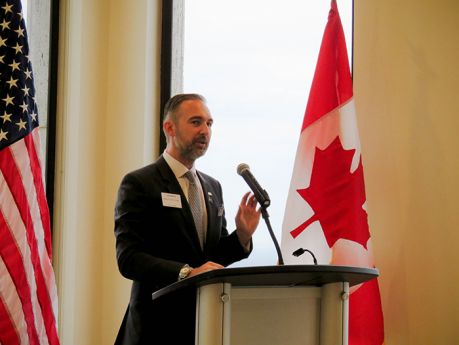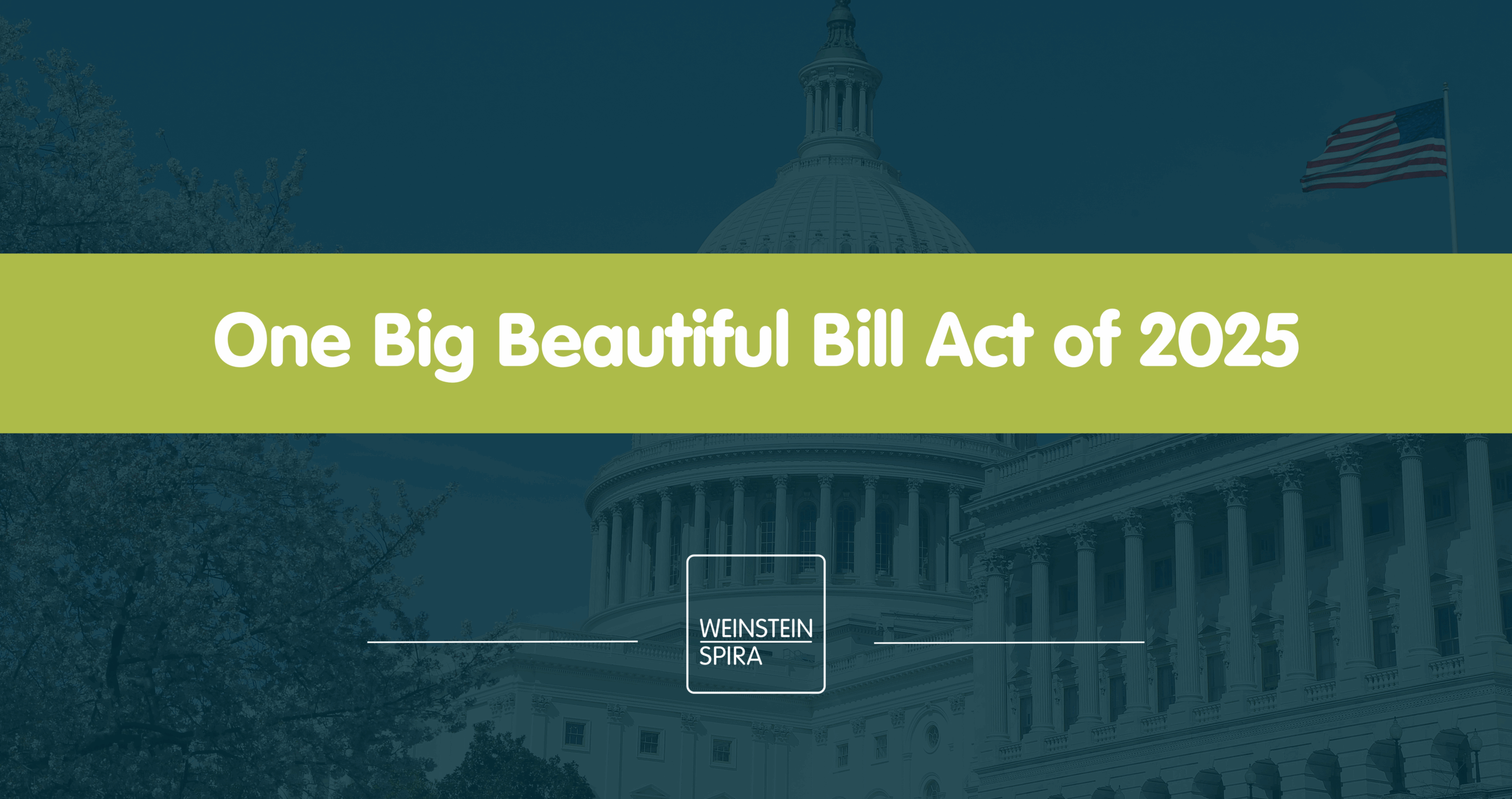While our countries both call North America home, establishing and doing business in the United States means an entirely new set of rules, regulations and implications for our Canadian neighbors. As a Canadian entrepreneur, business owner or CFO, it’s important to be aware of the financial, legal and accounting-related steps your business or future business needs to take to see success year-over-year.
Weinstein Spira’s expert on all things Canada (and a proud Canadian, himself), Tobias McFaul, shares the five key steps a Canadian business should take to establish its footprint in the U.S.A. and to ensure it’s paying taxes accordingly…and at an optimally low level.
1. Determine what type of business entity you need to establish.
Whether you are just beginning to sell products and/or services in the United States or are ready to fully establish a business with a formal presence here, the first question you’ll need to ask yourself is “how do I do that?” Or, more specifically, “what entity do I need to establish for my business?” Through engagement with a qualified attorney and CPA firm, you’ll be able to determine the right answer to this question. While an attorney will draft legal documentation, it’s critical to engage a CPA firm to help plan your entry into the US market.
A qualified advisor will help you decide if you do, in fact, need a corporation structure versus a partnership structure. Developing the appropriate business structure can also help achieve what’s known as “income splitting,” where Canadian business owners are able to pay across several lower tax brackets, instead of being taxed at one higher tax rate.
“A lot of advisors are used to establishing and/or dealing with corporations and, unfortunately, there are a lot of tax benefits that are lost on both sides of the border [in the US and Canada] if your business is established as a corporation when it shouldn’t be,” Tobias explains.
2. Form the business entity.
Once you’ve worked with your CPA to determine what entity makes the most sense for operational and financial purposes (and to plan around major tax implications), it’s time for your attorney to draft your business’ governing documents and create a legal entity within a specific state. Your CPA will review the final agreements to ensure the documentation achieves the objectives that were set out in the determination step mentioned above.
3. Understand what your tax responsibilities will be.
Your United States-based tax advisor will work with you to ensure you understand the various taxes you will now be responsible for as a business operator in the United States.
For instance, if your business is selling tangible personal property, you will have to remit sales tax. If hiring American employees, the business will need to pay payroll tax, and so on. Ultimately, your accountant will share each of the taxes your business will be responsible for well in advance of tax deadlines.
4. Year-end planning and the first year of tax compliance.
Before beginning the tax preparation and filing process with your tax advisor, it’s important to engage in year-end planning activities. Visit with your advisor before the tax year ends to determine what steps, if any, need to be taken or what changes need to be made to ensure the most advantageous tax plan for your business. For example, it may make sense to pay owner bonuses or to employ capital investment strategies to maximize tax depreciation deductions for the year.
After year-end planning, your tax advisor will work with you to ensure they have all the necessary documentation needed to prepare and file your taxes. This can include financial reports, 1099s, payroll reports and more.
5. Engage in interim consulting with your CPA firm.
Because there are so many cross-border planning opportunities and pitfalls, it’s important to engage in consistent conversation and consultation with your tax advisor.
While there are many CPA firms to choose from, it’s important to work with a firm and/or advisor that understands the breadth of issues associated with doing business across borders. With penalties ranging from $10,000 to 25% of the value of your financial accounts, one misstep could be debilitating for your business. A trusted, qualified team will ensure your business employs the most advantageous tax strategy and continues to enjoy the benefits of doing business within the United States.
In addition to working with Canadian businesses through Weinstein Spira’s tax planning services, Tobias proudly serves as co-founder and director of the Canadian Club of Houston. The club connects Houstonian members and businesses to Canadian resources while offering Canadian businesses with opportunities to engage in trade within the United States.



